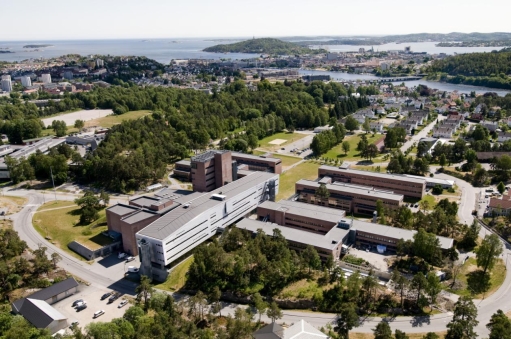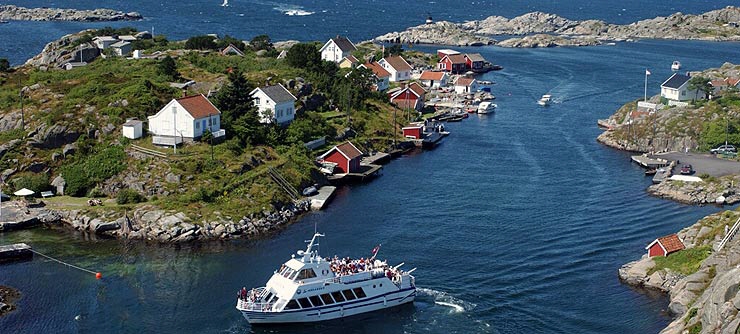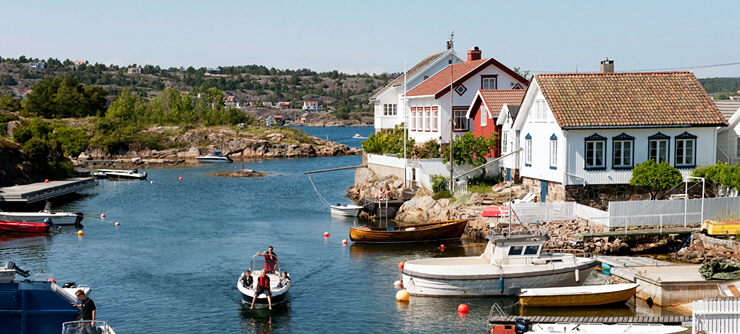
Our story



Our team

Our team

Sustainable media-rich world education
Our vision

Nothing less than wildly competent…
Our expert panel
Beginnings
The Future Learning Lab story is essentially a developing story, but when we set it up back in 2009, we wanted an Innovation Bridge to Silicon Valley. We got that. We have been very fortunate to be able to work with some of the best. A special note of thanks goes to Dr. Martha Russell, Director of the Media X Institute at Stanford University, who spent time with us in Europe three years in a row.
Of course, there´s not much in the way of originality in doing what “everybody” wants to do: Copy the innovation machine in Northern California and dreaming big about another Stanford. So why bother?
We wanted our innovation bridge because important developments are locking in the future of world education far beyond Silicon Valley. Big changes are coming as a consequence of new media technologies. We felt the only thing we could not do was to come here, and seek out a small corner of that conversation. As educators and scholars with an interest in global issues, connecting with peers in Northern California was very important.
That having been said, most of us come from elsewhere. And not everyone from Europe. We started out at the University of Agder in Southern Norway in 2009. By 2015, Future Learning Lab is a dozen-country virtual research and research collaborative of scholars, teachers and entrepreneurs who share an interest in the fates and futures of learning at all levels.
We seem to be heading in a direction of media-rich learning, with a very wide range of tools at hand. Do we have the skills and the understandings? New technologies are now remaking the basics of education, its constraints and its possibilities. It happens at all levels, from kindergarten via higher education and beyond.
Because we believe in the international dialogue on these matters, we started out as a small group0 at the University of Agder in Southern Norway in 2009, making our way into the greater conversation. Southern Norway is still home to some of us. Yet our associates and members now come from a dozen countries.
The rest of this story is right here below, if you have the time and interest…:
Timeline in brief
- 2010: Our first workshops
- 2011: Our first Nordic project collaboration
- 2012: Our first workshop at Stanford University
- 2013: Our first Nordic conference
- 2014: Our first international conference, beyond the Nordic regio
- 2015: Our first Learning Summit, this time at Stanford University
- 20125: New partnership with EdCast, Palo Alto
- 2016: Our first World Learning Summit — read more about it here:
Our collaboration agenda
Starting with our latest development, a partnership with EdCast to expand on international conferencing, the Future Learning Lab story is a story about collaborative efforts; what universities need to do more of to compete with the dynamics of contemporary technology and so-called “monetization”: Collaboration across a wide range of academic disciplines is difficult. But how are we to better command the emergent technologies if we do not? How do universities and other institutions of learning develop educational support eco systems meant for this century and not the 18th? By remaining in the 20th?
There are many organizational constraints working in the opposite direction of peer collaboration — wanting academics to get back into their office, do their research and “produce” — as the popular saying goes. While the Liberal Arts tradition is on the defense in the United States, new means of quantifying success by monotonously emphasizing peer journal publications at the costs of teaching and learning, threatens to undermine the basis of contemporary universities — the students´ engagement and interest.
This is not to say that research is not important — of course not, but interdisciplinary and truly explorative research also requires collaboration across fields, distances, disciplines and age-groups: There are, in fact few, if any, incentives for academic people to seek out colleagues “across the isle”, to build broader and better platforms across disciplines. It is not in the DNA of most Nordic universities, where “silos” is more the pattern, reflecting university thinking of the past. Education and learning takes second place to research of the predicable kind. Research is specialized, and it is divided into organizational categories rendering bureaucratic management possible. What is loosing out is the cross-field dialogue, the imagination, the long-term fertilization. And that was ever needed, it is now. A couple f decades ago, no one said the music industry was heading into a complete revolt.
Interdisciplinary dialogue and exploration is good, but it is not enough
An important part of the learning of tomorrow will happen at the workplace, inviting a more complex life-long learning and workplace understanding — in the private as well as in the public sector. Accordingly, our ambition was to also service the dialogue between academics and private/public enterprise. And why not — given the immensely internationalized and globalized region that we are, with some of the world-leading Oil and Gas industry present? The world comes here, for high-tech specialization: So why would not the world comer here for specialized insights into the future of learning?
We asked that question back at our 2010 workshop and conference with Media X @ Stanford Director Martha Russell as facilitator. Since them, we have had others come to work with us from Stanford, from Silicon Valley companies and now lately in 2014 also from University of Texas, Austin. In 2012 we ran a workshop at SCANCOR and SBI in an around Stanford University, with the presence of the University of Agder President, Vice President, three deans, a number of professors in the field, as well as industrial leaders in Southern Norway.
On this basis, and others, our university has now set up an inter-faculty PhD program in the area of new technologies and learning. We hope we can say that the Future Learning Lab also was part of the ignition that led to a Research-based Center of Innovation in and at around the Oil and Gas industry in our region — a competitive and globally oriented field. Meanwhile, we have conducted a Nordic Mapping of Entrepreneurs in Education, set up two large projects with collaborators in Eastern Africa, as well as continued to work out consultancy reports and proposals.
Conferencing
At our 3rd conference, in the spring of 2013, Martha Russell and Eilif Trondsen were joined by Keith Devlin who co-founded and still heads the HStar Institute at Stanford University. Professor Devlin is well versed with the Nordic and Baltic countries. We asked him to bring us up to date on the so-called MOOCS or Open Massive Online Courses. This has been a theme at our conferences since 2011. Professor Devlin gave as convincing presentation, which in turn led to our establishment of a MOOC-focus, now resulting in several such projects coming under way.
At our 4th conference, in June 2014, the speakers list was expanded to 7 keynoters, spanning the Nordic Region, South Africa and the United States. We began setting up our run for a EU Horizon 2020 partnership-identification process. And we also began preparing for an intensive period of internationalization.
Our vision
As for the the future, our ambition is to provide a meeting space for what we consider to be an academic and societal challenge in need of one: The maintenance of engaged human learning in an era of globalized and networked education. Our primary concern is Higher Education, which is only to say that the future of education and learning more generally rests on our capacity as learning societies for bringing about a new paradigm of custodianship in education where a new media reality has taken hold and been successfully been made to serve education rather than the other way around.